
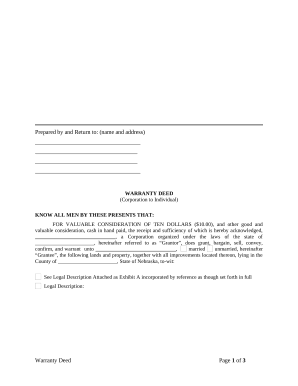
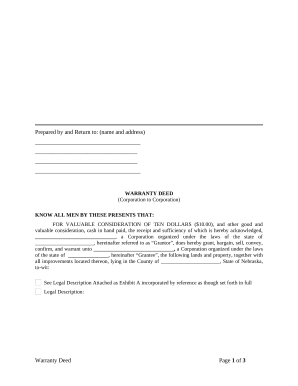


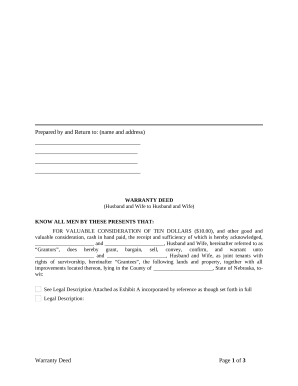
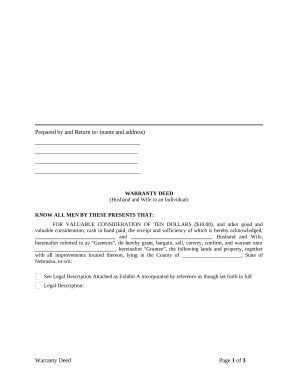
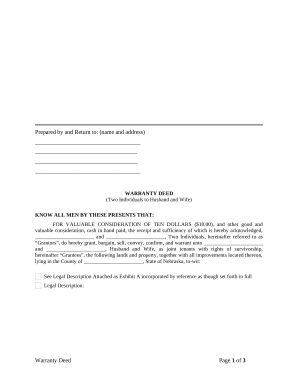
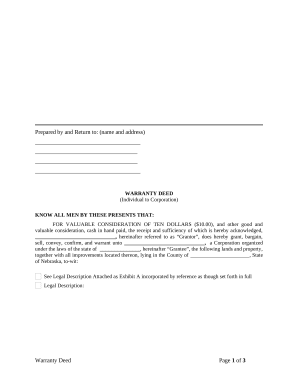


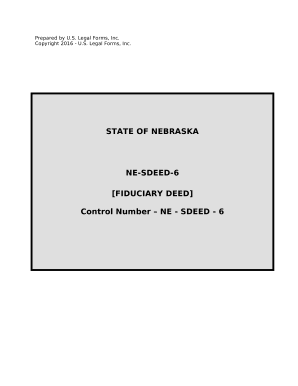
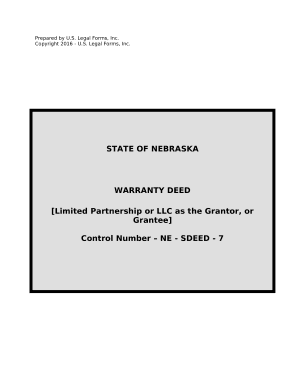
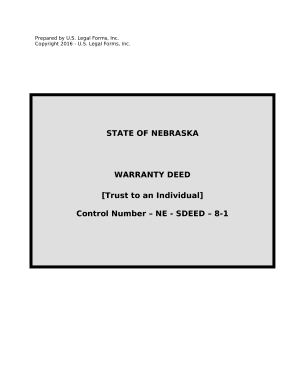
Improve your form management with our Nebraska Warranty Deeds library with ready-made document templates that meet your requirements. Get the form, change it, complete it, and share it with your contributors without breaking a sweat. Begin working more effectively together with your documents.
The best way to use our Nebraska Warranty Deeds:
Discover all the possibilities for your online file management using our Nebraska Warranty Deeds. Get your free free DocHub account today!